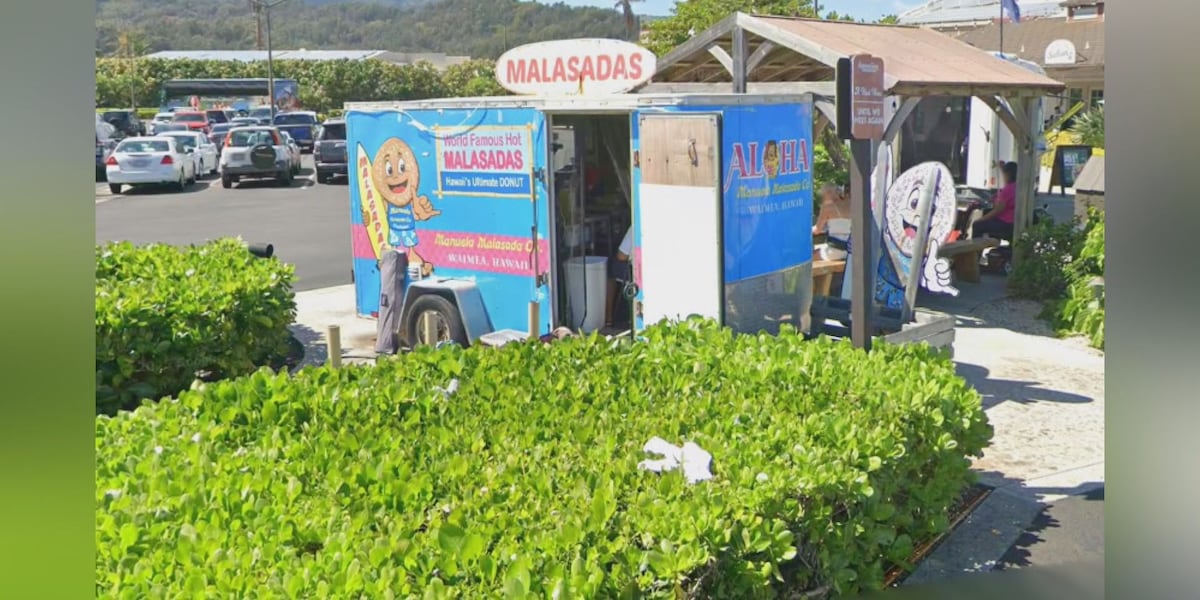Sweet Trouble: Malasada Shop Faces Health Code Crackdown After Defying Closure Order

A popular local malasada shop is facing legal scrutiny after removing a critical health department warning placard, sparking concerns about food safety compliance. The Hawaii Department of Health's Food Safety Branch has officially issued a violation against the establishment for the unauthorized removal of a red placard, which typically signals significant health code infractions.
The incident highlights the importance of transparency and adherence to public health regulations in food service businesses. Red placards are serious indicators that require immediate attention and correction of identified health and safety issues. By removing the warning sign, the malasada business may have potentially compromised both regulatory protocols and public trust.
Local health officials emphasize that such actions can lead to further investigation and potential additional penalties. The removal of an official health department placard is not only a procedural violation but also raises questions about the establishment's commitment to maintaining proper food safety standards.
Customers and community members are advised to stay informed about local health department notices and to prioritize their health when dining out. The ongoing situation serves as a reminder of the critical role that food safety regulations play in protecting public health.








